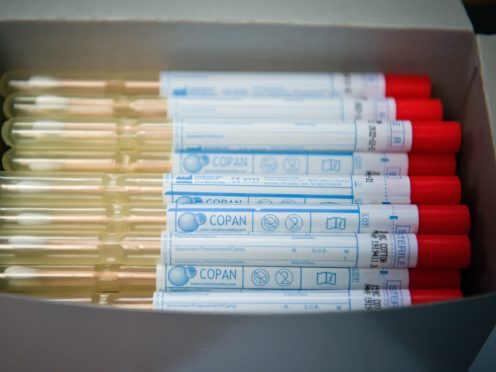Patients who have recovered from Covid-19 should be closely monitored to see if they are still carrying the virus, even after their quarantine period is over, scientists in China have said.
In a new study involving 69 patients at a hospital in Guizhou province, 11 of them were found to test positive for the disease for the second time – up to 17 days after being discharged.
Writing in the journal Jama Network Open, the researchers said: “We suggest that medical institutions should pay attention to the follow-up of discharged patients by closely monitoring their RT-PCR results, even if they have been in quarantine for 14 days.”
RT-PCR, which is short for reverse transcription polymerase chain reaction, is a testing method that shows whether a person has Covid-19 or not by looking for genetic material (RNA) of the virus in the specimen samples.
The researchers said further studies are needed to determine the factors associated with these recurrent positive test results as their sample size was small.
But experts said testing positive for the disease for a second or third time does not mean the patients pose an infection risk after recovery.
Commenting on the study, Professor Babak Javid, a consultant in infectious diseases at Cambridge University Hospitals, who was not involved in the study, said this new research has confirmed that Covid-19 patients discharged from hospital and in recovery may continue to shed viral RNA, which can be detected by a swab test.
But he added: “None of the patients that are described as ‘recurrent’ in this study actually became ill from relapsed Covid.”
Prof Javid cited the example of South Korea, saying there is now “substantial data” that confirms patients who are recovering from Covid and still have detectable RNA do not pose an infection hazard.
He continued: “This study did not actually look for infectious virus from their ‘recurrent’ patients, so unfortunately does not further the field in this regard.
“I think it’s safe to say that the vast majority of patients who have recovered from Covid do not pose an infection risk, even if they continue to have detectable viral RNA shedding.”
